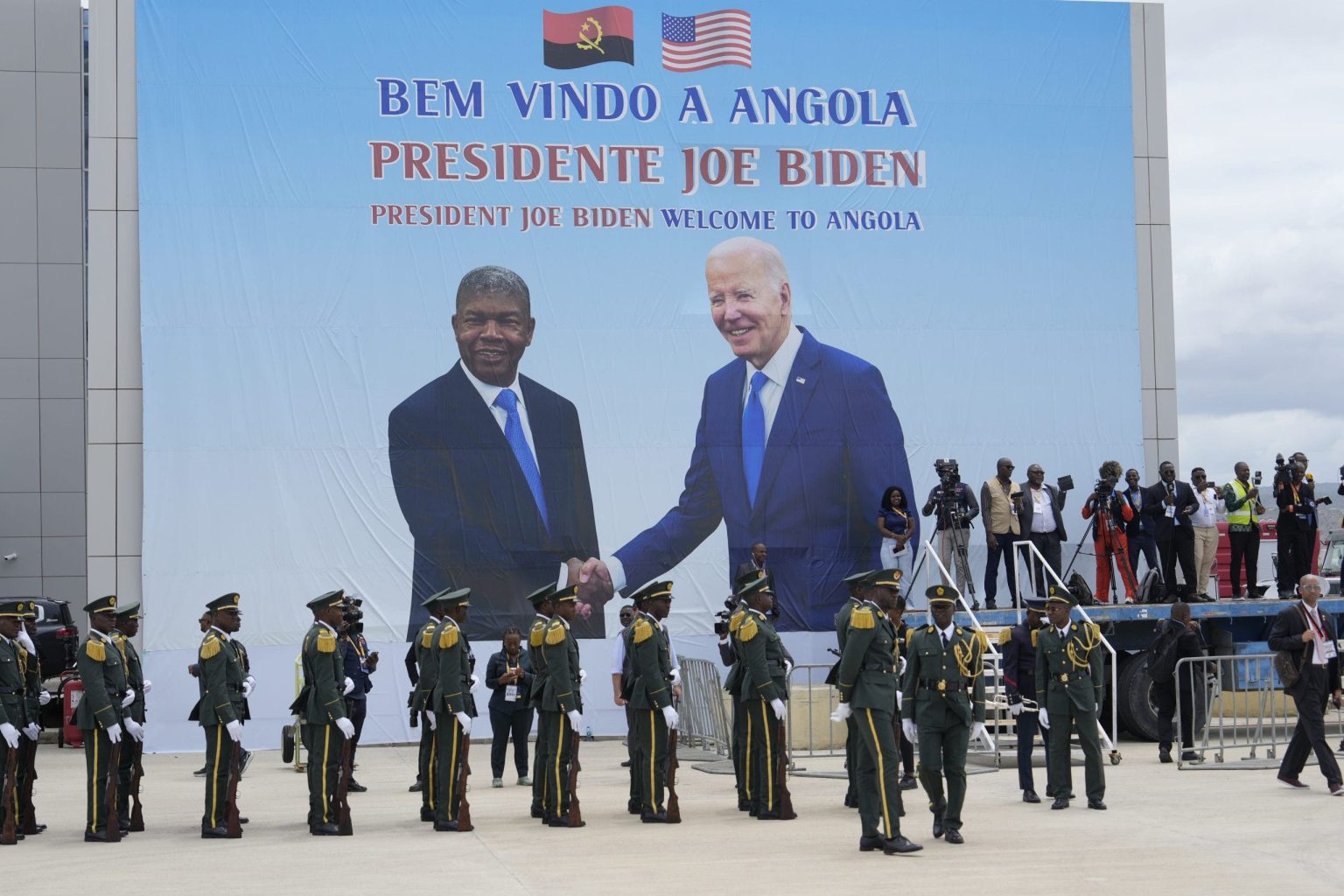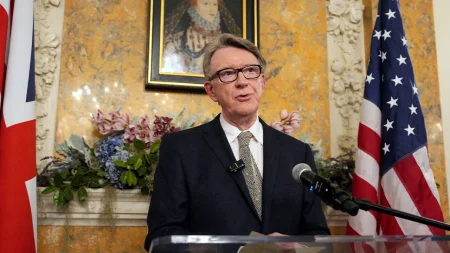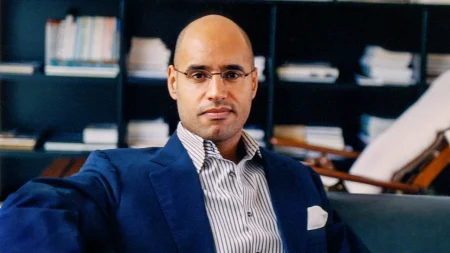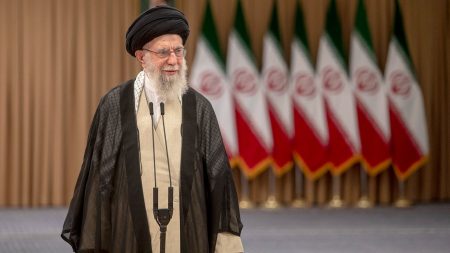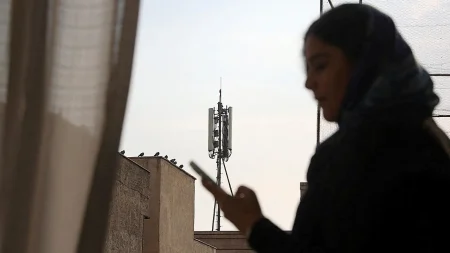President Biden’s inaugural visit to Africa as president, specifically Angola, was a trip fraught with delays and overshadowed by concurrent events. Initially planned for 2023, the trip was postponed twice, first due to Middle Eastern conflicts and then due to devastating hurricanes in the southern United States. When it finally occurred, the trip coincided with a tumultuous news cycle dominated by Biden’s controversial pardon of his son Hunter, a high-profile murder in New York, the collapse of allied governments, and ongoing drama surrounding Trump’s cabinet appointments. Even the weather seemed to conspire against the visit, with torrential rain flooding Luanda’s streets and nearly disrupting the presidential motorcade’s journey to the National Slavery Museum of Angola.
Despite these challenges, Biden delivered a poignant speech at the museum, acknowledging the historical role of colonial powers, including the United States, in the transatlantic slave trade, specifically highlighting Angola’s significant involvement. He emphasized the importance of confronting historical realities, both positive and negative, while also outlining the strategic significance of the visit. Biden stressed the growing importance of Africa on the world stage, predicting its rise as the most populous continent by 2050 and linking its success to global prosperity. He reiterated the United States’ commitment to Africa’s future, a pledge previously articulated at the 2022 U.S.-Africa Summit.
To address immediate needs, Biden announced a $1 billion humanitarian aid package for Africa, aimed at alleviating the suffering caused by droughts and extreme weather events. The core of Biden’s visit, however, centered on future collaboration and development, particularly regarding the Lobito Corridor. This ambitious $4 billion U.S.-backed rail and infrastructure project aims to facilitate the transport of critical minerals from the Democratic Republic of Congo and Zambia, along with agricultural and industrial goods from Angola, to an Angolan port. Biden emphasized the collaborative nature of this endeavor, emphasizing the mobilization of capital and infrastructure development to enable Africa’s economic advancement.
However, critics viewed this initiative as a belated and insufficient response to China’s extensive infrastructure investments and influence across Africa. White House officials countered this criticism, arguing that the project was designed to bolster Angola’s economic integration and market access. While an anticipated discussion of an expanded U.S. military presence in Angola did not materialize, existing military aid to the country continued, and the possibility of establishing a U.S. base to counteract Russia’s growing military influence in the region remained a topic of speculation.
Looming over the visit was the impending transition to a new presidential administration under President-elect Trump. Trump’s prior lack of engagement with Africa, including derisive remarks about certain African nations, raised concerns about the future of U.S.-Africa relations. While the Angolan president expressed willingness to work with any U.S. administration, former Trump Africa envoy J. Peter Pham suggested that the incoming administration would likely scrutinize existing investments in Africa and prioritize projects offering the best return on investment. This uncertainty cast a shadow over Biden’s efforts to strengthen U.S.-Africa partnerships.
On his final day in Angola, Biden visited the Lobito rail hub, the focal point of the ambitious infrastructure project. During a roundtable discussion with regional leaders, after mentioning his fondness for Amtrak, Biden was observed closing his eyes and resting his head in his hands, a posture resembling sleep, possibly reminiscent of his long commutes as a senator. Despite this incident, many Angolans seemed to view Biden’s visit, described as his “global finale,” as a generally positive engagement. The true measure of success, however, will lie in whether the benefits of these projects extend beyond Angola’s wealthy elite to the broader population, particularly the young Angolans yearning for improved living conditions and opportunities. The visit, despite its challenges and uncertainties, generated hope among many Angolans for a brighter future.




